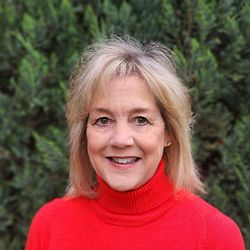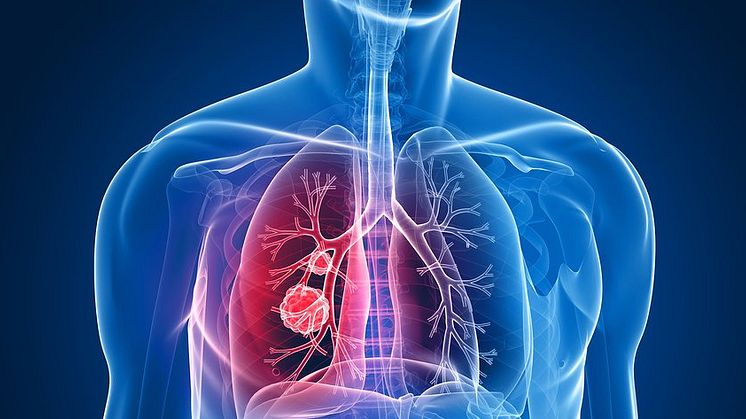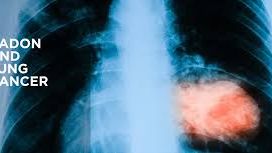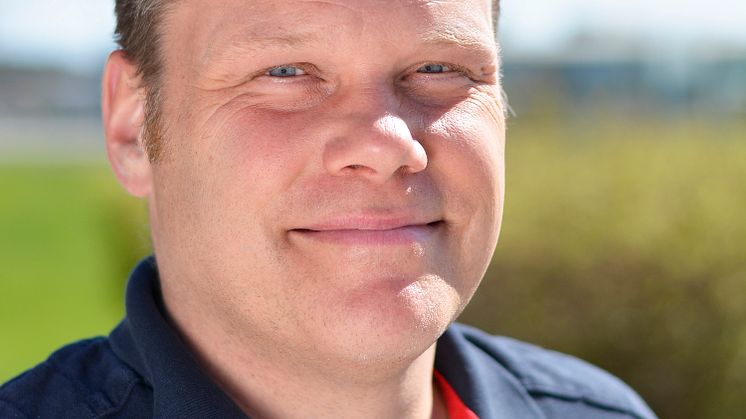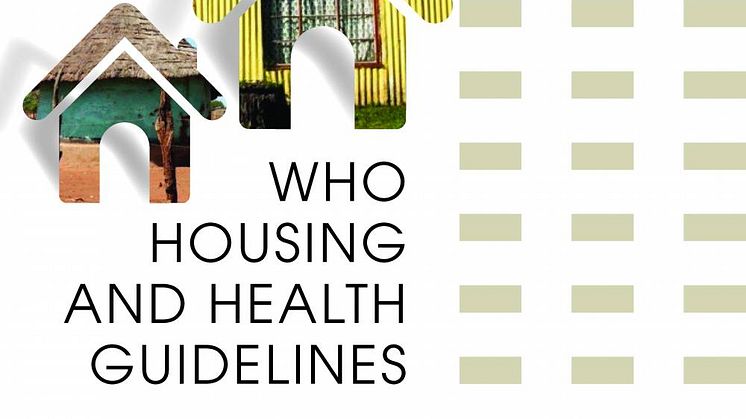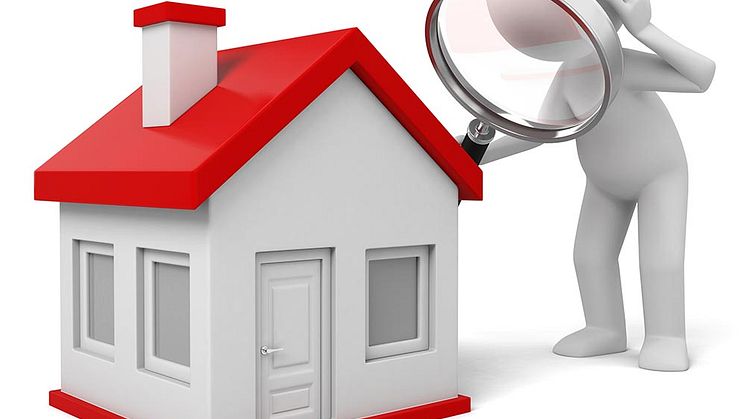
Blog post -
Alberta and Saskatchewan 2nd most radon-exposed populations on Earth claims latest research
A University of Calgary-led study has found that the Western North American Prairie provinces of Alberta and Saskatchewan are the 2nd most radon-exposed populations on Earth, just behind Poland. The study generated many interesting findings, one of the most concerning being that radon levels in North American residential environments may be increasing, with newer homes being the most susceptible to rising radon levels. The study was based on testing 11,727 residential buildings throughout Alberta and Saskatchewan.
The study found that numerous property metrics contribute to indoor radon levels, including the year of construction, the size and building type of the home, ceiling heights, and the window opening behaviors of the occupants.
The research incorporated multiple testing approaches, including long-term and short-term alpha track tests from Radonova, short-term E-Perm tests analyzed by AGAT Laboratories, and RadonEye continuous radon monitors manufactured by FT Labs. While short-term radon tests are indicative of radon levels during the testing period, the study also suggests they may not always coincide with a home’s long term average radon level, in particular short term tests performed in summer months as compared to a long term tests performed over winter months. The full report can be found here.
The research team relied on data gathered from the Evict Radon campaign, a non-for-profit project where Canadians are encouraged to be “citizen scientists” and participate in the study by testing their homes and answering survey questions prepared by researchers. Through science, the campaign aims to eradicate radon exposure in homes to prevent future cases of radon-induced lung cancer. The study is open to all Canadians and people can register now. New participants will be accepted until February 29, 2020. To find out more, visit the Evict Radon website.
Weston Jacques, Executive Director of Evict Radon, said: “Radon awareness is very low. Not a lot of people know about it, or really understand it. What we’re really trying to do is leverage the University research to increase awareness and education about the harmful effects of radon. There aren’t many platforms which allow the public to ask questions about radon, which is a responsibility we’ve taken onboard.”
Bill Rounds, President of Radonova, said: “The research findings will hopefully encourage communities and individuals to take action and test their homes for radon. Participating in the Evict Radon project not only provides researchers with valuable data to further understand the factors that contribute to indoor radon levels, but also provides participants with their home’s radon levels, empowering them to make decisions and take action with regard to their indoor air quality. Living with high levels of radon is an unnecessary health risk that can easily be reduced.”
# # # #
About Radonova
Radonova Is a global leader in radon measurement, having performed millions of measurements in over 50 countries. Together with our partner Radon Environmental, we proudly serve the Canadian market by bringing high quality radon measurement solutions across a broad spectrum of applications, from individual home testing to measurement projects of all sizes.
For more information on radon and radon measurement visit www.radonova.com.
For more information, please contact Bill Rounds, President of Radonova
Phone: +1.331.814.2201, E-mail: bill.rounds@radonova.com


